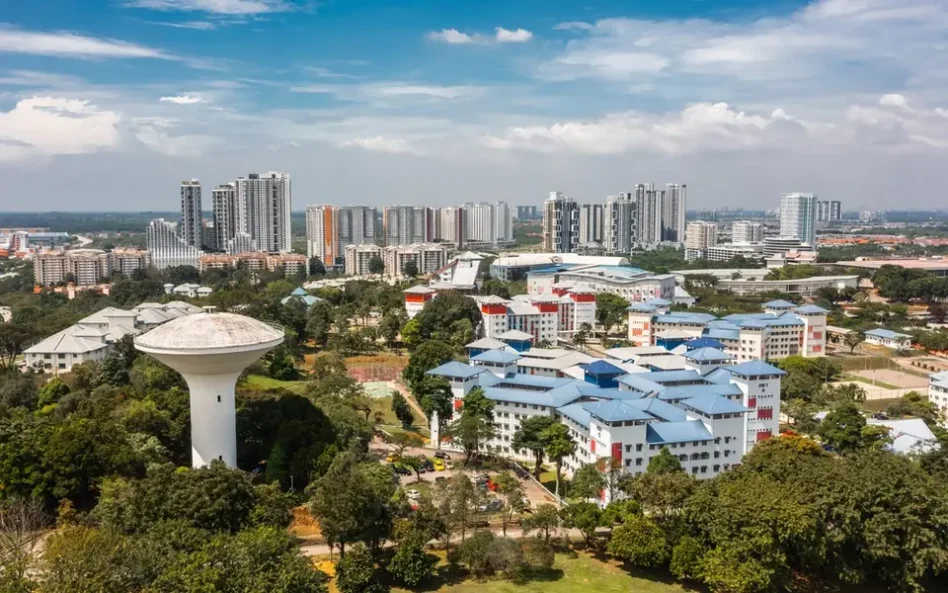More personalised healthcare needed for better patient diagnosis
HEALTH systems across Asia-Pacific, including in Malaysia are facing challenges related to growing populations, and rising costs, which have only been compounded by the rise of non-communicable diseases and the current COVID-19 pandemic.
This is coupled with lack of regulatory strategies and policies to enhance digital health technologies.
Adopting more personalised approaches can improve health system efficiencies by helping decision-makers prioritise their efforts and resources, and initiate policies and frameworks that support healthcare innovation.
Having that in mind, FurtureProofing Healthcare introduced a first-of-its-kind Personalised Healthcare Index for Asia-Pacific, a data-driven policy tool that measures the readiness of 11 health systems across the region in enabling the right care to be tailored to the right patient.
The index was developed to drive evidence-based decisions in policy and healthcare and help various countries measure their progress towards more sustainable, personalised, integrated and digital health systems, with an aim to help facilitate critical changes in health system design that work better for current and future generations.
The Personalised Health Index measures performance against 27 different indicators of personalised health across four categories called ‘Vital Signs’. These include policy context, health information, personalised technologies, and health services.
“Personalised healthcare can transform patients’ lives by delivering care tailored to the individual and populations, thereby helping prevent, diagnose and treat patients more effectively and quickly. It has the potential to improve the lives of millions of people across Asia-Pacific.
“It is clear that better health access, literacy and collaborative partnerships are needed across the region,” said Monash University Malaysia professor of human genetics Prof. Dr Maude Elvira Phipps.
Regionally, the index reveals significant disparities between the countries measured, encouragingly, the results show that this transition towards personalised healthcare is underway and gaining momentum in Malaysia as well.
Challenges around policy and personalised technology impact lower-scoring territories, several of which are at the very early stages of personalised healthcare.

Malaysia is in the process of formulating and implementing plans that aim to enable personalised healthcare and has a digital infrastructure and data collection capabilities that can support limited aspects of personalised care.
Increasing investment in research and development, streamlining regulatory processes, opening access to data for research, improving access to digital health services, and building capacity in the healthcare workforce are potential focus areas for Malaysia.
In addition, there is a need for a strong emphasis on health ethics and equity to address issues of access and quality in Malaysia as it makes its’ transition to personalised healthcare. – Feb 20, 2021









